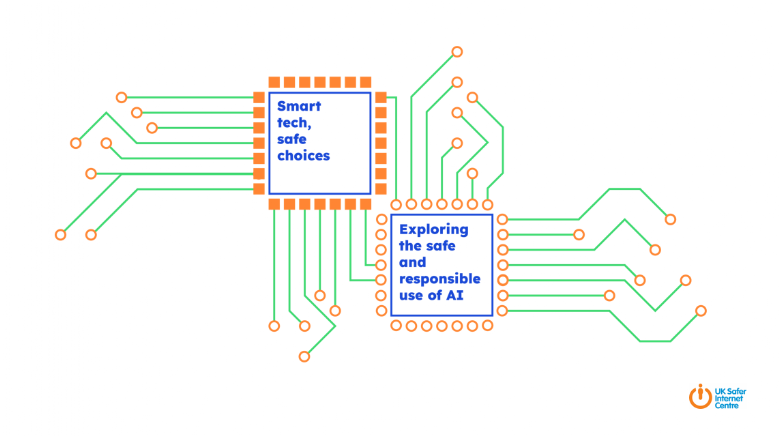Computing
Vision
'There was a time when people felt that the internet was another world, but now people realise it's a tool that we use in this world' Tim Berners-Lee
At Throston Primary School, we believe computing is a vital part of preparing children for life in a digital world. Our curriculum is designed to spark curiosity, creativity, and confidence, helping pupils become responsible and capable users of technology. Aligned with our school’s ethos of providing a Flying Start to Success, and guided by our core values of respect, ambition, and community, computing is taught in a way that is inclusive, engaging, and meaningful.
Children learn to use technology safely and effectively, developing skills in coding, digital literacy, and problem-solving. We make sure computing is accessible to all learners, with opportunities to explore and apply their knowledge across different subjects, supporting learning in all areas of the curriculum. Lessons are hands-on and purposeful, supported by high-quality resources and regular use of desktop computers and tablets.
Our approach is future-proofed, embracing emerging technologies such as artificial intelligence to ensure pupils are equipped for the world they will inherit. Computing at Throston provides a strong foundation for seamless progression into secondary education, ensuring children are ready for the next stage of their learning journey and beyond.
We also offer enrichment activities such as Code Club and themed computing days, encouraging children to explore their interests and build confidence in a supportive environment. Staff receive ongoing training to ensure teaching is consistent and up to date.
By the time children leave Throston, they are digitally literate, understand how to stay safe online, and are ready to take on new challenges with resilience and creativity. Their learning in computing reflects our commitment to lifelong learning and helps them embody the values we hold at the heart of our school.
Below, you will find key documents relating to our Computing curriculum. If you have any questions or would like to find out more, please contact our Subject Lead, Mrs A Sharp (asharp@throstonschool.org.uk).

Our school has achieved the national Computing Quality Mark after reviewing our computing curriculum and demonstrating high quality provision. Awarded by the National Centre for Computing Education (NCCE), the Computing Quality Mark recognises schools that offer excellent computing education through their work with the Computing Quality Framework (CQF). We’re proud of this achievement, which reflects our commitment to helping children learn, stay safe, and enjoy using technology.
Safer Internet Day 2026

Safer Internet Day 2026 will take place on the 10th of February 2026, with celebrations and learning based around the theme ‘Smart tech, safe choices – Exploring the safe and responsible use of AI’.

